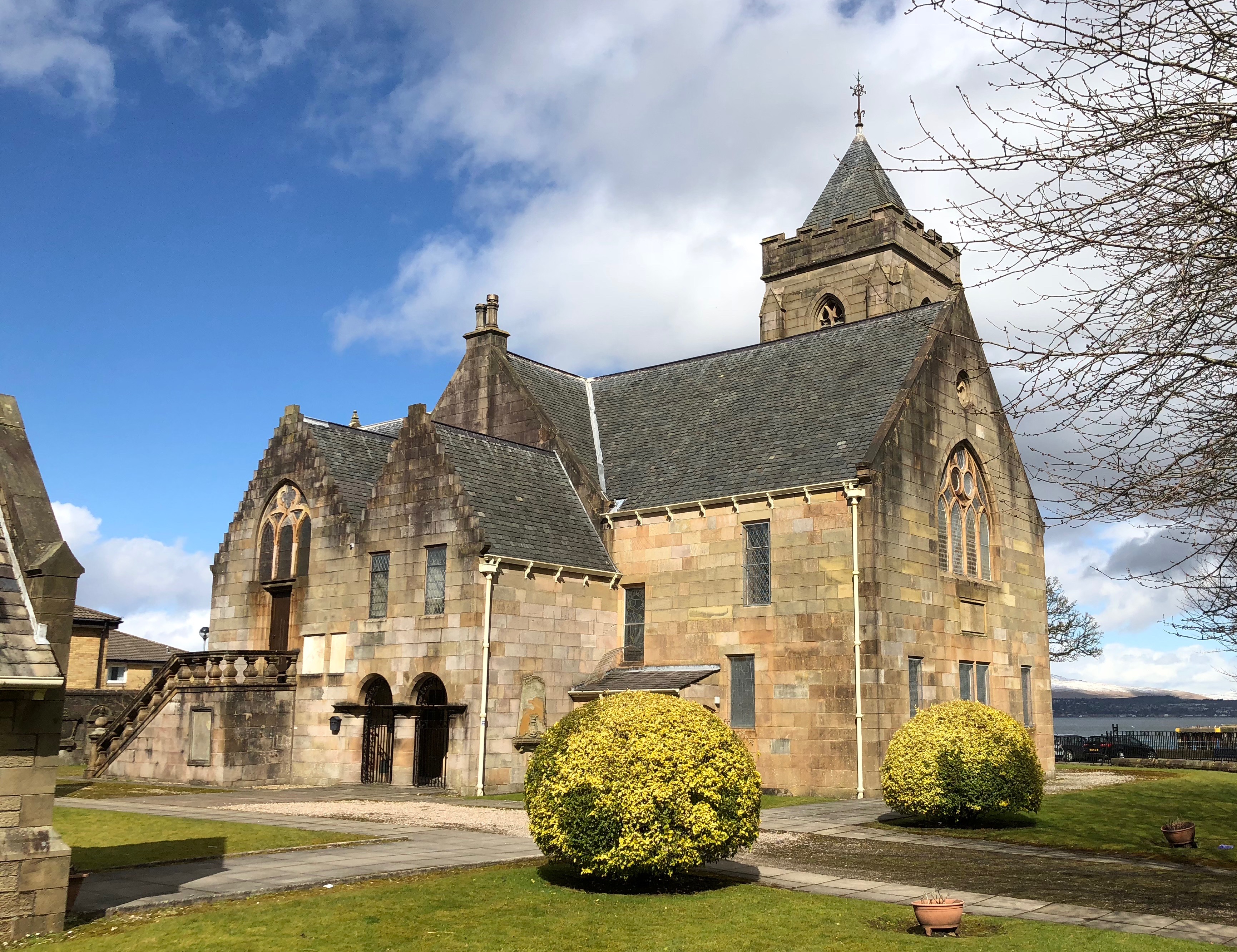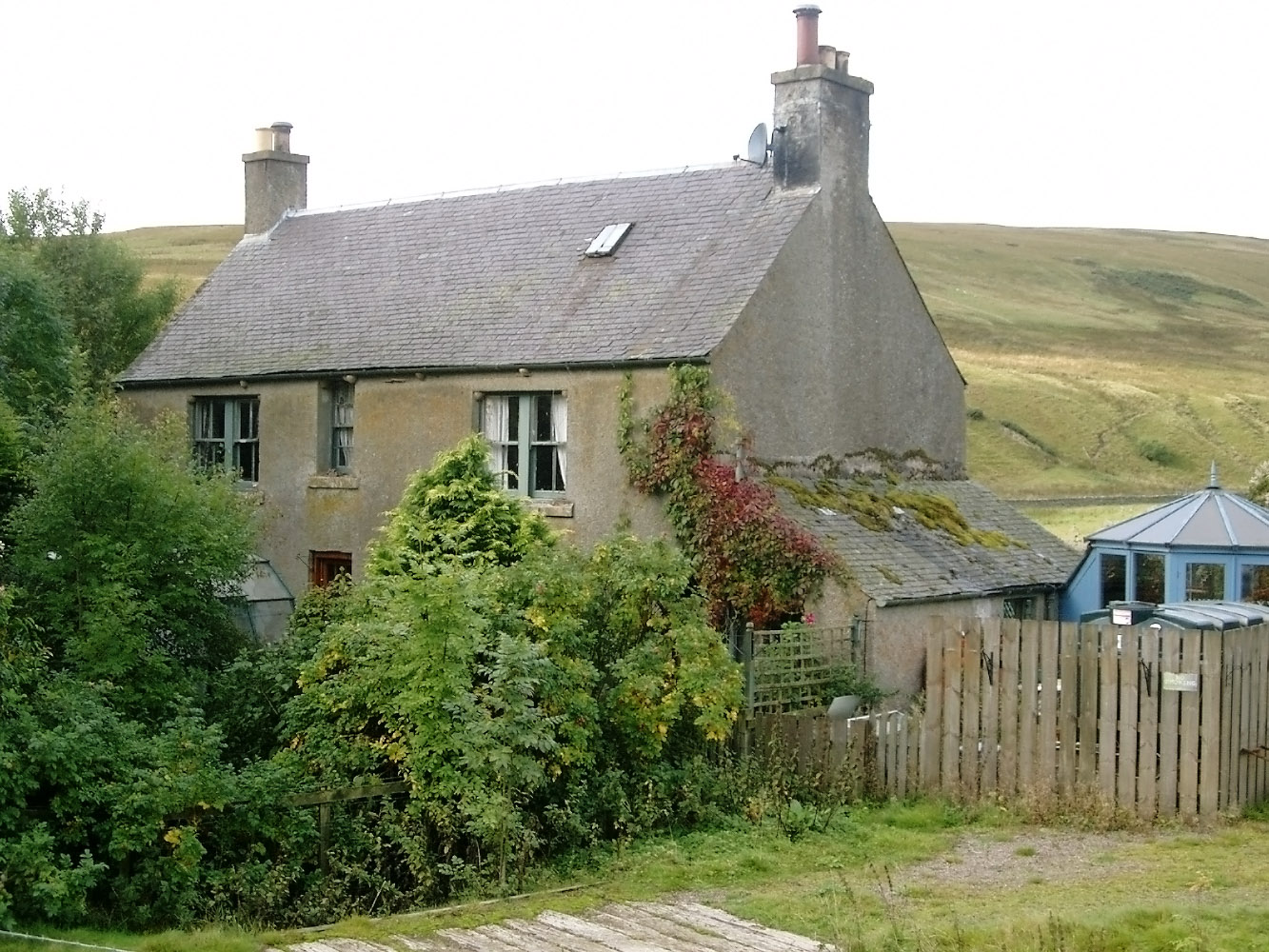|
John Grieve (poet)
John Grieve (12 September 1781 – 4 April 1836), was a Scottish poet. Early pursuits John, son of the Rev. Walter Grieve, minister of the Reformed Presbyterian Church, was born at Dunfermline on 12 Sept. 1781. He was educated at the parish school of Ettrick, where his father had settled on retiring from the ministry. After leaving school he was first a merchant's clerk in Alloa, and then acted for some time as a bank clerk in Greenock; he returned to Alloa, however, to become a partner in the firm of his former employer. In 1804, he began business in Edinburgh, in partnership with Mr. Chalmers Izzet, hat-maker. He becomes a writer Here he was successful, and found leisure for literary pursuits. He contributed to various periodicals, his most notable efforts being the songs which he wrote for the ''Forest Minstrel'' of James Hogg James Hogg (1770 – 21 November 1835) was a Scottish poet, novelist and essayist who wrote in both Scots and English. As a young man he worked ... [...More Info...] [...Related Items...] OR: [Wikipedia] [Google] [Baidu] |
Reformed Presbyterian Church Of Scotland
The Reformed Presbyterian Church of Scotland is a small, Scottish, Presbyterian church denomination. Theologically they are similar to many other Presbyterian denominations in that their office-bearers subscribe to the Westminster Confession of Faith. In practice, they are more theologically conservative than most Scottish Presbyterians and maintain a very traditional form of worship. In 1690, after the Revolution, Alexander Shields joined the Church of Scotland, and was received along with two other ministers. These had previously ministered to a group of dissenters of the United Societies at a time when unlicensed meetings were outlawed. Unlike these ministers, some Presbyterians did not join the reconstituted Church of Scotland. From these roots the Reformed Presbyterian Church of Scotland was formed. It grew until there were congregations in several countries. In 1876 the majority of Reformed Presbyterians, or RPs, joined the Free Church of Scotland, and thus the present-day ... [...More Info...] [...Related Items...] OR: [Wikipedia] [Google] [Baidu] |
Dunfermline
Dunfermline (; sco, Dunfaurlin, gd, Dùn Phàrlain) is a city, parish and former Royal Burgh, in Fife, Scotland, on high ground from the northern shore of the Firth of Forth. The city currently has an estimated population of 58,508. According to the National Records of Scotland, the Greater Dunfermline area has a population of 76,210. The earliest known settlements in the area around Dunfermline probably date as far back as the Neolithic period. The area was not regionally significant until at least the Bronze Age. The town was first recorded in the 11th century, with the marriage of Malcolm III of Scotland, Malcolm III, King of Scots, and Saint Margaret of Scotland, Saint Margaret at the church in Dunfermline. As his List of Scottish consorts, Queen consort, Margaret established a new church dedicated to the Trinity, Holy Trinity, which evolved into an Dunfermline Abbey, Abbey under their son, David I of Scotland, David I in 1128. During the reign of Alexander I of Scotlan ... [...More Info...] [...Related Items...] OR: [Wikipedia] [Google] [Baidu] |
Ettrick, Scotland
Ettrick ( gd, Eadaraig, ) is a small village and civil parish in the Scottish Borders area of Scotland. It is located on the B709, around south-west of the town of Selkirk. Local area Ettrick Water is the river which flows through the Ettrick Valley, and across its flood plain, the Ettrick Marshes, within Selkirkshire. It is the second fastest rising river in Scotland, and it runs through the village of Ettrickbridge some dozen miles downstream, and the old town of Selkirk. Ettrick Forest was a large Royal forest that is much depleted due to sheep farming and industrial forestry, though at some places by the banks of the Water, and in the ravines of its tributaries, places difficult for sheep and of small interest to loggers, the remnants of the fauna which composed the ancient forest can still be seen and enjoyed. Traditionally, hill farming of sheep and cattle farming have been important. In recent years, tourism has become increasingly important. Literary connections The ... [...More Info...] [...Related Items...] OR: [Wikipedia] [Google] [Baidu] |
Alloa
Alloa (Received Pronunciation ; educated Scottish pronunciation /ˈaloʊa/; gd, Alamhagh, possibly meaning "rock plain") is a town in Clackmannanshire in the Central Lowlands of Scotland. It is on the north bank of the Forth at the spot where some say it ceases to be the River Forth and becomes the Firth of Forth. Alloa is south of the Ochil Hills, east of Stirling and north of Falkirk; by water Alloa is from Granton. The town, formerly a burgh of barony, is the administrative centre of Clackmannanshire Council. Historically, the economy relied heavily on trade between Glasgow and mainland Europe through its port. This became increasingly uncompetitive and the port stopped operating in 1970. The local economy is now centred on retail and leisure since the closure of major industries; only one brewer and one glassmaker survive today. Parochially, Alloa was linked with Tullibody. The towns are now distinct, albeit with Lornshill in the middle, and Alloa is about twice the si ... [...More Info...] [...Related Items...] OR: [Wikipedia] [Google] [Baidu] |
Greenock
Greenock (; sco, Greenock; gd, Grianaig, ) is a town and administrative centre in the Inverclyde council areas of Scotland, council area in Scotland, United Kingdom and a former burgh of barony, burgh within the Counties of Scotland, historic county of Renfrewshire (historic), Renfrewshire, located in the west central Lowlands of Scotland. It forms part of a contiguous urban area with Gourock to the west and Port Glasgow to the east. The United Kingdom Census 2011, 2011 UK Census showed that Greenock had a population of 44,248, a decrease from the 46,861 recorded in the United Kingdom Census 2001, 2001 UK Census. It lies on the south bank of the Clyde at the "Tail of the Bank" where the River Clyde deepens into the Firth of Clyde. History Name Place-name scholar William J. Watson wrote that "Greenock is well known in Gaelic as Grianáig, dative of grianág, a sunny knoll". The Scottish Gaelic place-name ''Grianaig'' is relatively common, with another (Greenock) near Calla ... [...More Info...] [...Related Items...] OR: [Wikipedia] [Google] [Baidu] |
James Hogg
James Hogg (1770 – 21 November 1835) was a Scottish poet, novelist and essayist who wrote in both Scots and English. As a young man he worked as a shepherd and farmhand, and was largely self-educated through reading. He was a friend of many of the great writers of his day, including Sir Walter Scott, of whom he later wrote an unauthorised biography. He became widely known as the "Ettrick Shepherd", a nickname under which some of his works were published, and the character name he was given in the widely read series '' Noctes Ambrosianae'', published in ''Blackwood's Magazine''. He is best known today for his novel ''The Private Memoirs and Confessions of a Justified Sinner''. His other works include the long poem '' The Queen's Wake'' (1813), his collection of songs ''Jacobite Relics'' (1819), and his two novels ''The Three Perils of Man'' (1822), and ''The Three Perils of Woman'' (1823). Biography Early life James Hogg was born on a small farm near Ettrick, Selkirkshire, ... [...More Info...] [...Related Items...] OR: [Wikipedia] [Google] [Baidu] |
1781 Births
Events January–March * January – William Pitt the Younger, later Prime Minister of Great Britain, enters Parliament, aged 21. * January 1 – Industrial Revolution: The Iron Bridge opens across the River Severn in England. * January 2 – Virginia passes a law ceding its western land claims, paving the way for Maryland to ratify the Articles of Confederation. * January 5 – American Revolutionary War: Richmond, Virginia is burned by British naval forces, led by Benedict Arnold. * January 6 – Battle of Jersey: British troops prevent the French from occupying Jersey in the Channel Islands. * January 17 – American Revolutionary War – Battle of Cowpens: The American Continental Army, under Daniel Morgan, decisively defeats British forces in South Carolina. * February 2 – The Articles of Confederation are ratified by Maryland, the 13th and final state to do so. * February 3 – Fourth Anglo-Dutch War – Capture o ... [...More Info...] [...Related Items...] OR: [Wikipedia] [Google] [Baidu] |
1836 Deaths
Events January–March * January 1 – Queen Maria II of Portugal marries Ferdinand II of Portugal, Prince Ferdinand Augustus Francis Anthony of Saxe-Coburg-Gotha. * January 5 – Davy Crockett arrives in Texas. * January 12 ** , with Charles Darwin on board, reaches Sydney. ** Will County, Illinois, is formed. * February 8 – London and Greenwich Railway opens its first section, the first railway in London, England. * February 16 – A fire at the Lahaman Theatre in Saint Petersburg kills 126 people."Fires, Great", in ''The Insurance Cyclopeadia: Being an Historical Treasury of Events and Circumstances Connected with the Origin and Progress of Insurance'', Cornelius Walford, ed. (C. and E. Layton, 1876) p76 * February 23 – Texas Revolution: The Battle of the Alamo begins, with an American settler army surrounded by the Mexican Army, under Antonio López de Santa Anna, Santa Anna. * February 25 – Samuel Colt receives a United States patent for the Colt Firearms, Colt ... [...More Info...] [...Related Items...] OR: [Wikipedia] [Google] [Baidu] |





